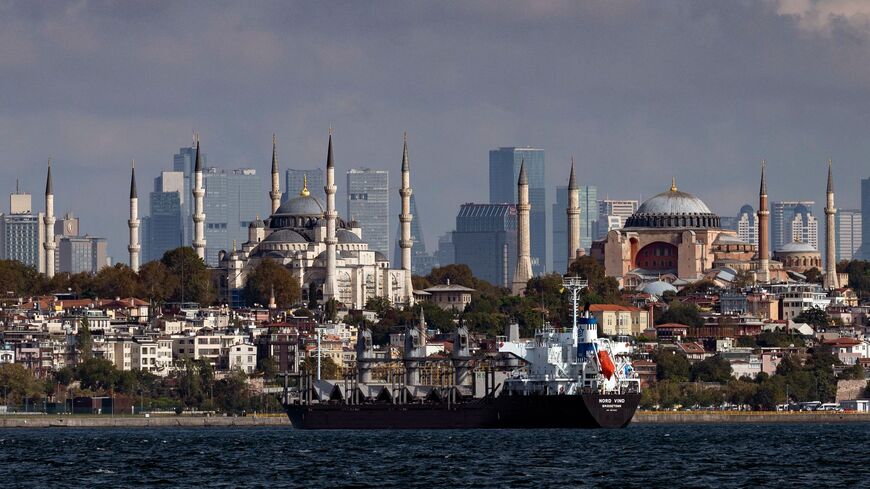Russia said on Monday that the Black Sea grain deal has ended, prompting Turkey to try and resurrect the agreement and causing wheat prices to rise.
“The Black Sea agreements are no longer in effect,” Russian presidential spokesman Dmitry Peskov told reporters, according to Russia’s official TASS news agency. “Unfortunately, the part of the Black Sea agreement that concerns Russia has not yet been fulfilled.”
Turkish President Recep Tayyip Erdogan said on Monday that he believes his Russian counterpart, Vladimir Putin, wants the deal to continue, according to Turkey’s official Anadolu Agency.
“Despite the statement today, I believe that Russian President Putin wants this humanitarian bridge to continue,” said Erdogan to reporters in response to the news.
Erdogan said that Turkish Foreign Minister Hakan Fidan will speak to his Russian counterpart, Sergey Lavrov, about the deal over the phone. Erdogan may also hold his own phone call with Putin before the end of the month, according to Anadolu.
The price of Chicago wheat futures, considered a global benchmark for wheat prices, rose 3% to more than $6.84 a bushel early Monday morning in response to the news. The price had fallen back to around $6.61 as of 10 a.m. ET, according to market data.
Background: Russia and Ukraine both signed deals with Turkey and the United Nations in July of last year to allow the safe passage of grain, fertilizers and other exports from the warring countries to international customers via the Black Sea. The exports had been disrupted by the Russian invasion of Ukraine in February 2022.
The agreement has been resumed several times since last July, and the last extension was valid until Monday. Russia had been threatening recently to let the deal expire. Moscow is demanding the removal of obstacles to its own exports due to war-related sanctions.
Why it matters: The Black Sea grain deal provided some relief to the global food crisis stemming from the war. Russia and Ukraine are both major wheat exporters to the Middle East, and the region suffered from rising grain prices after the war began, among other inflationary pressures.
Egypt, as one of the biggest wheat importers in the world, has been particularly affected by the war. Inflation in Egypt is still rising more than a year later.
Grain prices in the Middle East could rise further if the deal is not renewed.
Know more: A poll by Al-Monitor and Premise in January of this year showed that a majority of people in Egypt, Tunisia and Turkey are concerned about food access.








